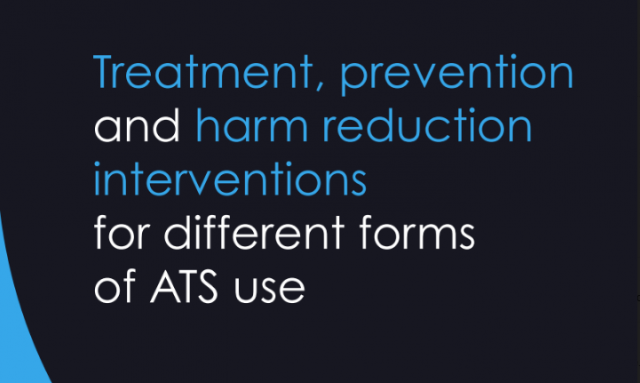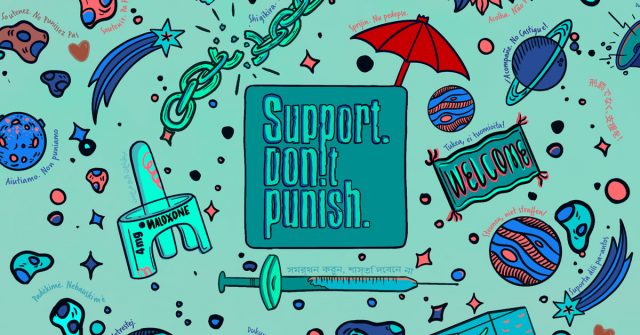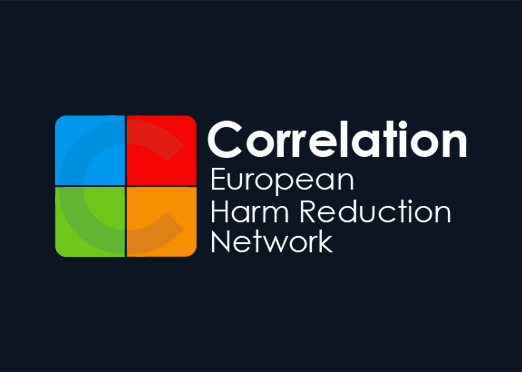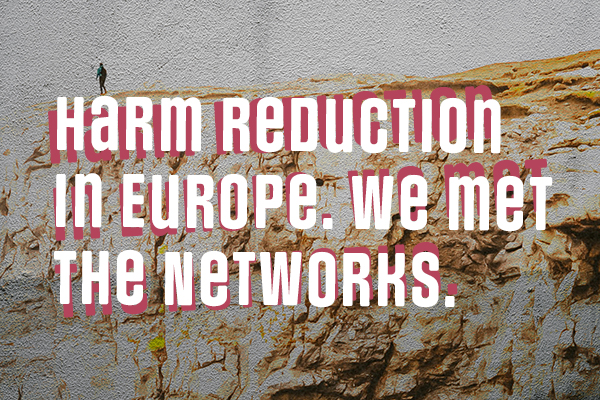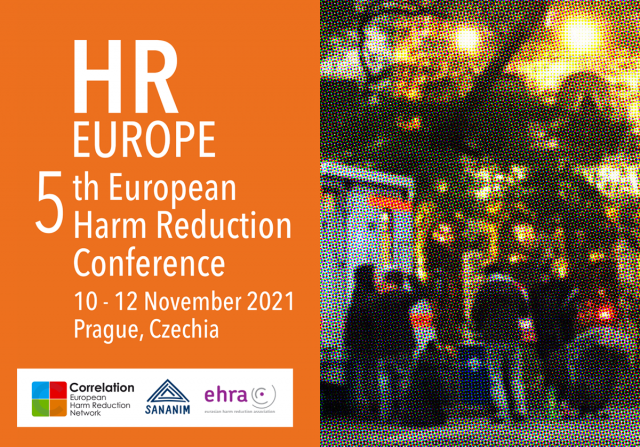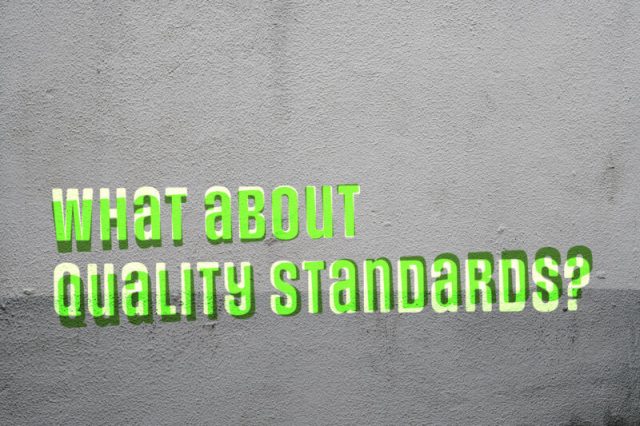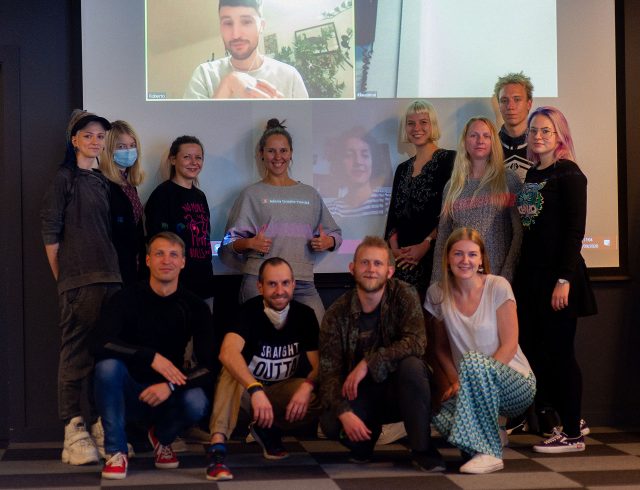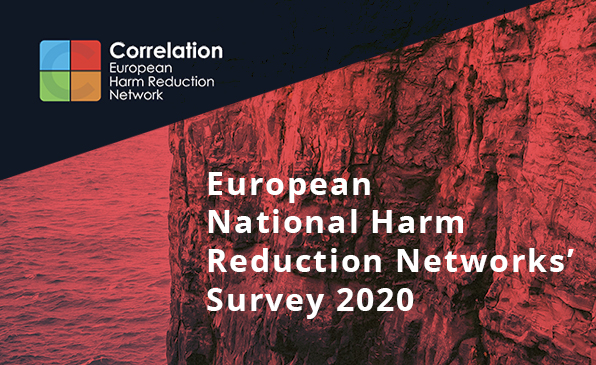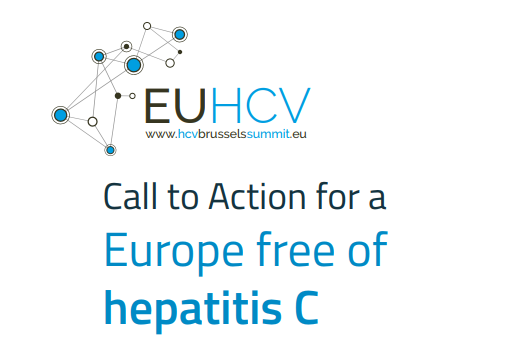FENIQS is a new EU funded project that C-EHRN is involved. It aims at enhancing implementation of Quality Standards (QS) in drug prevention, treatment and harm reduction throughout the EU. The project just started in April this year and will run until April 2023.
What about Quality standards?
Quality standards (QS) were a central priority in the EU Drug Strategy 2013-2020 to improve the quality of drug services and to bridge the gap between science and practice. Yet, the extent and ways in which QS are implemented in daily practices of drug prevention, treatment and harm reduction in the EU vary substantially. Some countries have successfully implemented QS and there is a clear need to understand what transferable lessons can be learned from available ‘good practices’ which can guide implementation of QS in different contexts across the EU. Those countries and services which have had difficulties in implementing QS can benefit from clear guidance and recommendations.
Objective of FENIQS – EU
The general objective of this project is to enhance implementation of QS in drug prevention, treatment and harm reduction throughout the EU, with more services, organizations and countries applying QS in daily practice. The project will focus on the actual application of QS in EU countries and factors stimulating implementation.
How will the project work?
The project is divided into 3 main phases, according to its objectives, as described below. Throughout the whole process, the lessons learnt will be disseminated, including a dedicated website, newsletters with regular progress updates, and webinars. Our members will receive the first newsletter, and will have the option to inscribe for the others. Not a member yet? You may become one here
First – Assessing the current state of QS implementation in the EU
The extent of QS implementation will be described country-by-country and by area (prevention, treatment and harm reduction). Reasons for successful/limited implementation will be mapped, as well as implementation needs, and potential good practice examples. This information will be based on previous literature, and consultation with EMCDDA Reitox focal points and European country representatives (via online survey).
Second- Study ‘good’ and promising practice examples of QS implementation
In each drug demand reduction area (prevention, treatment and harm reduction), 2-3 examples of successful/promising implementation (‘QS Implementation champions’) from across the EU will be selected and described as case studies, including facilitating and hindering factors that advanced/obstructed implementation in daily practice. Case study results will be presented and implications for QS implementation discussed during a QS Implementation Champions day.
Third – Translate ‘good’ practice examples into an implementation toolkit and test it in various real-world contexts
Lessons learnt from the selected ‘good’ practices will be translated into a step-by-step implementation toolkit. Recommendations for practical and feasible implementation strategies as well as key features of the toolkit will be proposed during a 1-day international QS event and reviewed using Delphi methodology (a methodology where experts meet and discuss to generate consensus). The draft toolkit will be refined using target audience feedback (e.g. QS champions, civil society organisations) and field tested in at least six countries (covering all three areas).
The final toolkit will be openly available online. A video tutorial will support the introduction of the toolkit.
Who are the project partners?
Project partners are four academic partners based in Belgium (UGent), Croatia (ERFUNIZG), France (Lyon) and the Czech Republic (CUNI) and four pan-European networks -IREFREA, Correlation C-EHRN, Euro-TC, EUFAS-, covering all EU member states and DDR areas.
Want more information about the project?
Wait for the first newsletter with the brand-new website, or contact kschiffer@correlation-net.org or rrigoni@correlation-net.org


